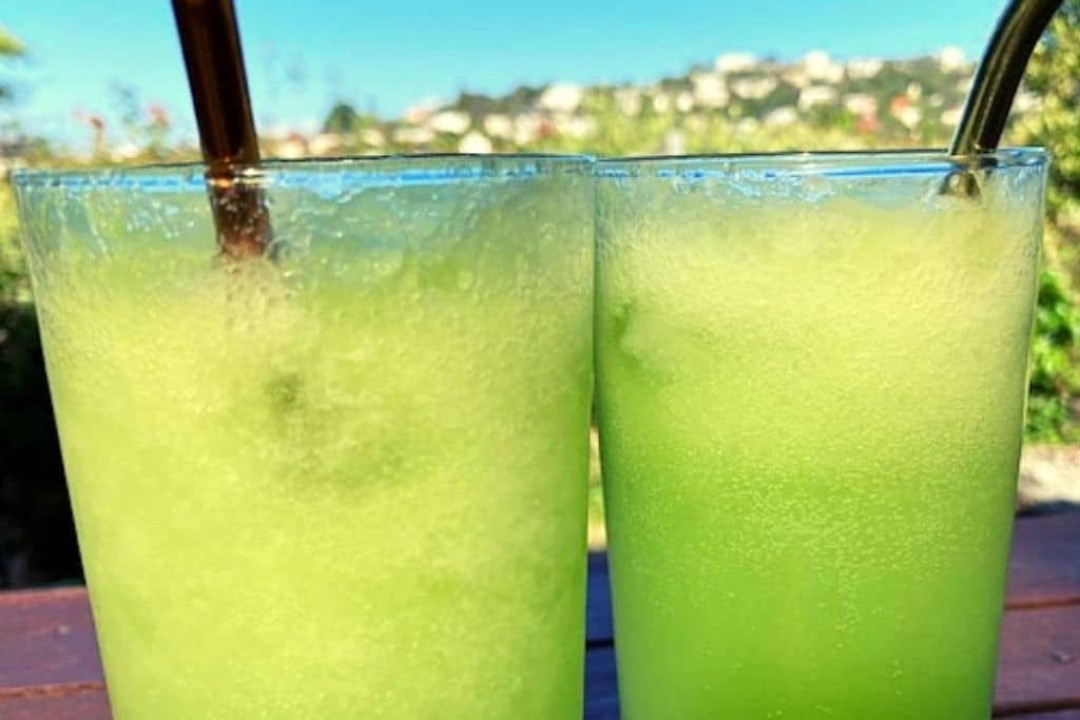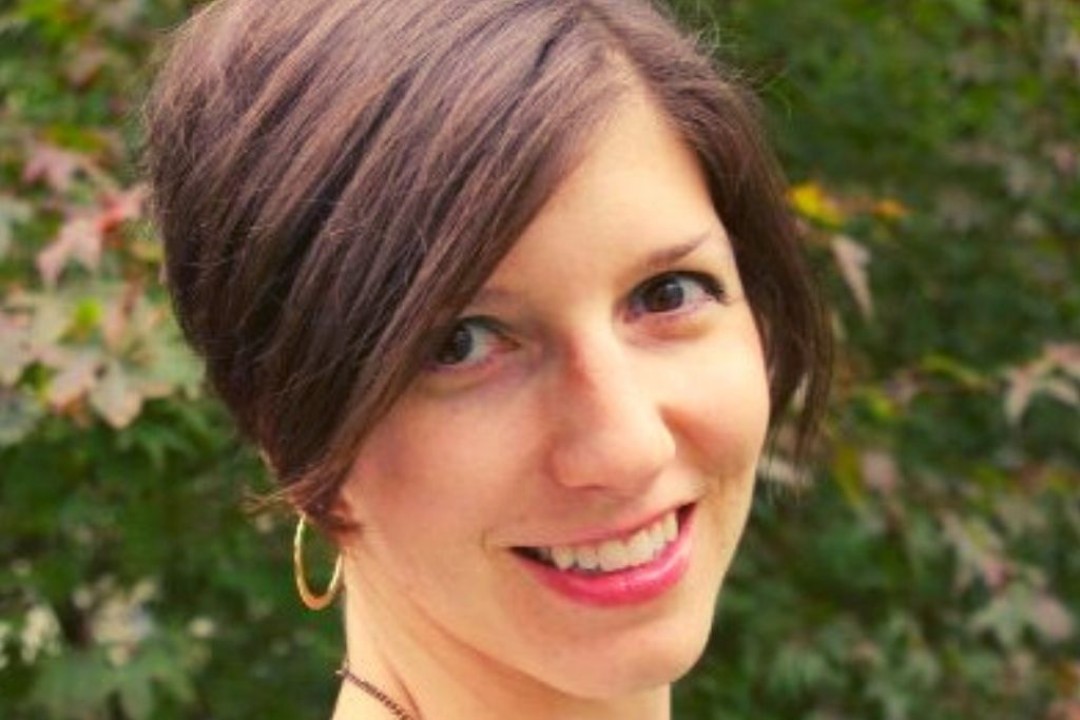Ask An Expert: Warner (Peer Support Worker)
September 20th, 2017 Interviews 2 comments
Today’s expert is Warner, a Peer Support Worker at Christchurch Central Service.
==========
Mrs D: What is the Christchurch Central Service?
Warner: It’s an assessment, referral and resource service for people requiring help with alcohol and drug problems. Our service will complete a brief screening, usually over the phone and from there we are able to work with the individual to find the treatment option which best suits them such as, short term 1:1 counselling, self-help information, 12 step groups, support/education groups, peer support and detox options. If required, we will refer clients on to other services for a more comprehensive assessment which is needed for intensive or residential treatment programs.
Mrs D: How did you get into this line of work?
Warner: I started off by being a volunteer with a drop-in and aftercare program and after a while there I was asked if I would be interested in applying for a position as a residential supervisor at a program they were running. I was in that role until the Christchurch earthquakes and the program closed down due to damage to our buildings. I was then offered the position as Peer Support Worker with the same agency and held that position for around five years until the position I am in now was created.
Mrs D: What experience do you bring to the role?
Warner: In terms of experience the foremost thing I bring to the role is many years of being an active alcoholic and all the problems that came with that. The fortunate thing is that today, I can bring many years of being a sober alcoholic into my role. Since beginning my role as a Peer Support Worker I have undertaken a considerable amount of training which is relevant to my position.
Mrs D: How useful is it having lived experience when working face-to-face with people who struggle with addiction?
Warner: I feel that having that lived experience is very useful, not just for understanding the drinking side of things but also for having an understanding around the emotional and social struggles someone is facing because of their drinking.
Mrs D: Do you think clients respond better when they know you are in recovery from addiction yourself?
Warner: I think without doubt that clients respond better when they know that I am in recovery, some common thing clients will say to me is “I don’t have to explain, you know what I mean” when describing some part of their life.
Mrs D: Do you think it’s possible for everyone struggling with addiction to enter into recovery?
Warner: I really do think that everyone struggling with addiction is able to enter recovery, I feel that it’s never too early or too late, the main thing, is that the individual finds the right motivation necessary to sustain the changes that need to be made in their lives.
Mrs D: How can you help people feel optimistic about the future?
Warner: By being supportive, and encouraging people to work towards their goals no matter how slow the progress may seem.
Mrs D: Do you have any main bits of advice you would pass on to anyone in the very early stages of getting sober (as most of our members are)?
Warner: I think the best advice I can give is the advice given to me in my early days. Don’t pick up the first drink, pick up the phone and talk to someone. Another thing that worked for me was to distract myself from drinking thoughts, and to delay having a drink by making deals with myself to wait for a certain amount of time, anywhere from ten minutes to a couple of hours. A lot of my early days were spent in those ten minute to two hour blocks of time, waiting for the time to pass, then adding some more time to wait! I found going for long walks helped a lot too, both in terms of filling in time and in getting some well needed exercise.
Mrs D: How important is it for people to work on themselves beyond just putting the drink down? What sort of ‘further work’ can be required?
Warner: I know from my own experience that stopping drinking was the easy part, although it didn’t seem so at the time, the hard part is staying stopped and for that I have to do the “further work”. For myself I initially used a 12 Step program (AA) which enabled me to make the changes in my life to become sober and maintain my sobriety and a number of years later that “further work” still continues.
Mrs D: Do people need to be referred to your service? How do they find you?
Warner: Our service is available to people in Christchurch and the surrounding areas, self-referrals are accepted by telephone, email, or by just coming in to see us in person, referrals are also accepted from GPs and other community agencies via post, fax and email. The centre is located at Unit 4,15 Washington Way, Sydenham, our hours are Monday to Friday 8.30am to 7.30pm. Telephone 03 338 4437, Fax 03 338 7427. Email: chchaod@odysseychch.org.nz
Mrs D: What’s the best part of your job?
Warner: The best part of my job is the people I have contact with who are wanting to make changes in their lives and being given the opportunity to walk alongside them as they make those changes.
Mrs D: Anything else you’d like to add?
Warner: If you have identified you have a drinking problem, no matter how hard it may seem to stop drinking, keep on trying and don’t be afraid to ask for help.
Continue reading
Sober Story: Miriam
Today’s Sober Story comes from Miriam, a 78-year-old living in Rotorua.
January 4, 2021 – 12 comments
Sober Story: Rebecca
This week’s Sober Story comes from Rebecca, a 40-year-old American currently living in Freiburg, Germany.
September 16, 2020 – 12 comments
Ask An Expert: Michelle (Addiction Clinician)
============= Michelle: They’re usually referred from community services such as such as GP’s, the Alcohol Drug Helpline, schools, courts.
May 2, 2021 – 1 comment



